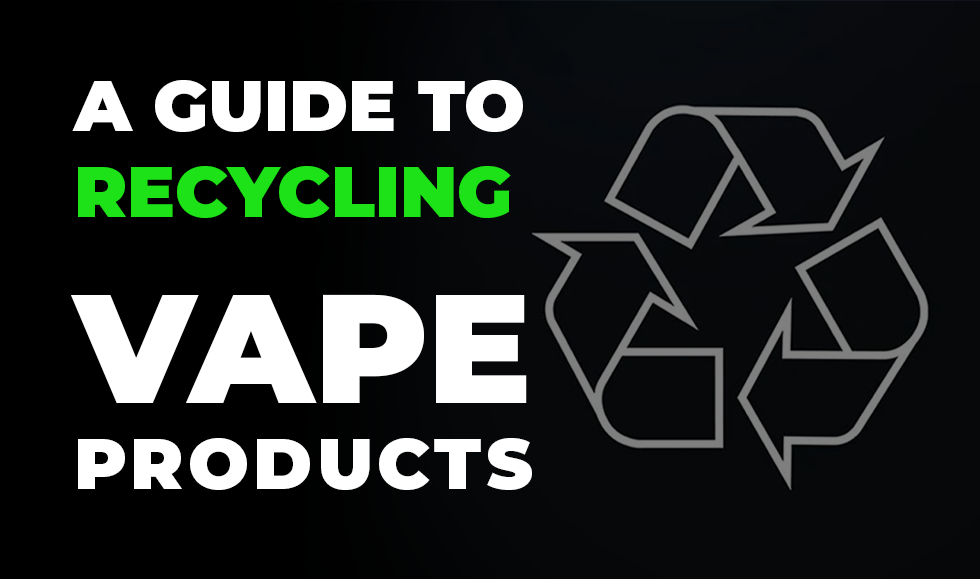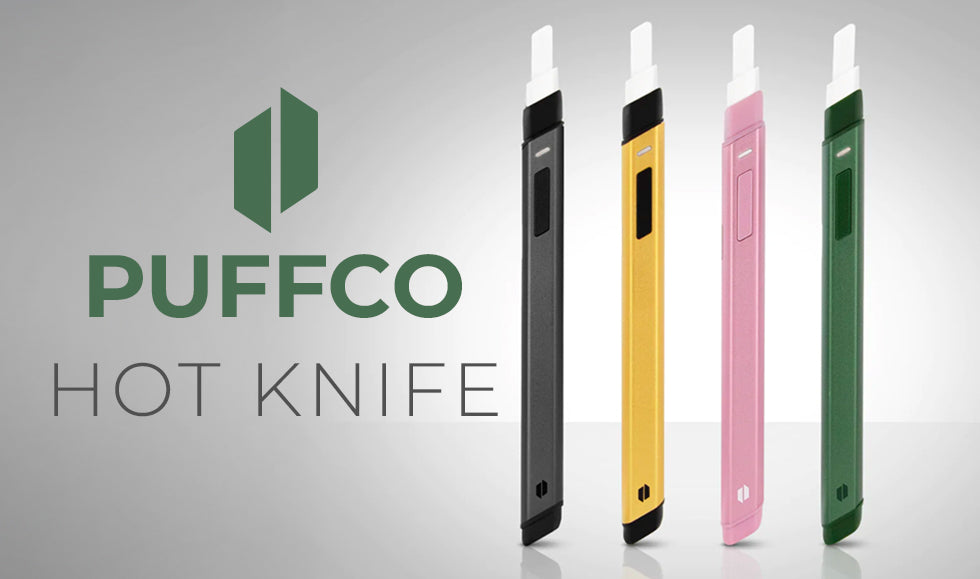Recycling vape products is good for the environment. It keeps harmful materials out of landfills, reduces pollution, and saves natural resources. But recycling vapes can be tricky because they have many different parts. That’s why we created this clear guide on how to recycle vapes the right way.
Can You Recycle Vapes?
The answer is yes—but only if you do it properly. Vapes are made from a mix of materials like electronics and plastics. Some parts, like nicotine or lithium batteries, can be dangerous. Because of this, vapes cannot just go in the regular recycling bin.
What is the Most Crucial Item to Recycle in a Vape?
The most important part to recycle is the battery, usually a lithium-ion battery. These batteries are important for several reasons:
- Hazardous Materials: Lithium-ion batteries contain hazardous materials that can be harmful to the environment if not disposed of properly. These materials can leach into the soil and water, contaminating local ecosystems, if they end up in landfills.
- Fire Risk: These batteries can present a fire risk. Improperly discarded batteries may short-circuit, causing fires or explosions. This is dangerous in trash facilities because crushed garbage can break batteries and cause circuits.
- Resource Conservation: Lithium batteries have useful materials like cobalt, nickel, and lithium. Recycling them lets us reuse these materials instead of mining new ones.
For these reasons, proper disposal and recycling of vape batteries are paramount. It’s important to dispose of vapes properly. Batteries should go to special recycling centers or take-back programs at stores. Other parts like pods, cartridges, and electronics should also be recycled. They are less dangerous than batteries, but recycling them still helps the environment.
Understanding What’s Recyclable
Throwing away vape products incorrectly can pollute the environment. It can also be risky because of the hazardous materials inside.
- Devices/Mods/Disposable Vapes: These are made of metals and plastics. They can be recycled, but must be separated from regular recyclables.
- Pods/Cartridges and Tanks: Empty plastic pods or glass/metal tanks may be recyclable, depending on local facilities.
- Batteries: Lithium-ion batteries are recyclable but must be handled carefully.
- E-Liquid Bottles: Plastic or glass bottles can be recycled after being thoroughly cleaned.
What to Do with Dead Vapes?
Throwing away old vapes the right way is important to protect the environment and recycle useful materials. Here’s how you can do it:
- Contact Manufacturers or Stores: Some vape brands or shops have recycling programs. They may take back old devices or give a discount when you return them. Check the brand’s website or ask customer service.
- Battery Disposal: Batteries are the most dangerous part. Take them to electronics stores, recycling centers, or special collection points.
- E-Waste Recycling Centers: If the brand doesn’t take back old vapes, look for local e-waste recycling centers. Vapes are electronics, and these centers recycle them safely.
- Community Recycling Events: Some towns or environmental groups hold events to recycle electronics. These are good for disposing of multiple items at once.
How to Handle and Dispose of Vape Parts?
- Disassemble (If Safe and Possible): If you're familiar with the components, you might be able to disassemble the vape and sort the parts. Batteries, metal coils, and electronic components might be recyclable separately. However, this approach is advisable only if you know what you're doing and can safely handle and sort the various parts.
- Safe Disposal of Non-Recyclable Parts: If certain parts of your vape aren't recyclable, it's important to dispose of them safely. This might mean using designated disposal methods for hazardous waste in your community. Refer to your local waste management guidelines or contact them directly for advice.
- Stay Updated on Regulations and Facilities: Recycling rules and available facilities may change. Check local news or waste management updates regularly.
Can You Put Dead Vapes in a Bin?
No, never throw vapes in the regular trash. They contain hazardous materials that can pollute the environment or cause fires. Proper disposal helps protect the environment, save resources, and keep your community safe.





